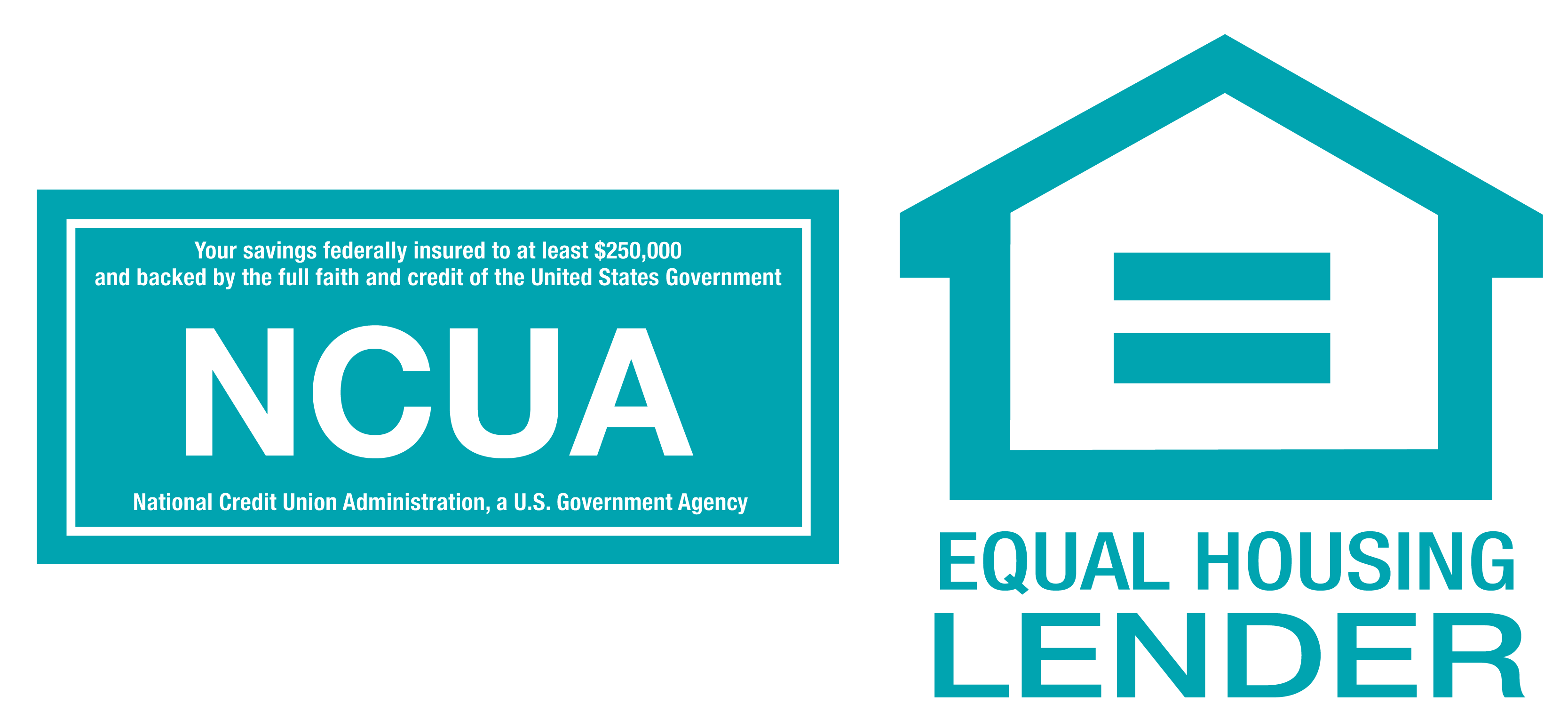Do you remember the first time you used a credit card or who taught you about them? Maybe you had a parent or money mentor who explained best practices or—like one of our recent Real $tories guests—you had to learn things the hard way (like so many of us do.)
Credit cards have become an integral part of our everyday financial life, as they offer convenience, security, and the opportunity to build credit. Unfortunately, they are also a source of many commonly held misconceptions. Since October is National Credit Awareness Month, we thought we’d help separate fact from fiction…
A financial life hack refers to a simple and effective way to manage your money better and achieve your goals faster without a lot of extra effort. While there are no true shortcuts when it comes to financial health and wellness, it can be helpful to take simple actions or habits that, when applied consistently, can lead to improvements in your financial well-being.
We’ve learned many tips over the years through talking with clients who face some of the same challenges you might be experiencing. Here are some of our favorite – and simple — “financial life hacks” you can do to improve your financial life.
1. “Having Many Credit Cards Hurts Your Credit Score.”
A prevalent misconception about credit cards is that having multiple cards can harm your credit score. Here’s the reality: the number of credit cards you have does not inherently affect your credit score. What matters more is how you manage them.
If you struggle to keep up with payments on multiple cards or tend to accumulate high balances on all of them, this can negatively impact your credit score.
Alternatively, if you have multiple credit cards, typically pay your bills on time, and keep your credit utilization low (the ratio of credit used to your total credit limit), having several cards can actually boost your credit score. A diverse mix of credit types, including credit cards, can demonstrate responsible credit management and position you favorably in the eyes of prospective creditors.
2. “Carrying a Balance Helps Build Credit.”
Another common misconception is that carrying a balance on your credit card and paying interest will help build a better credit history. While it’s true that establishing credit history is important, maintaining a balance from month to month can not only cost you unnecessary interest but also does not have a significant impact on your credit score.
To build and maintain a solid credit history, use your credit card regularly and pay the balance in full and on time every month when you are able. Prompt payment and low credit utilization will have a positive impact on your credit score, but it must be acknowledged that paying a full balance isn’t possible for everyone in a time of record-breaking interest rates and inflation. If you need help making a plan to pay down credit card debt, our certified financial counselors can help.
3. “Credit Card Companies Want You to Stay in Debt.”
Contrary to popular belief that credit card companies benefit from consumers drowning in debt and interest, the reality is that while, yes, credit card companies do earn money from interest charges and fees they are more motivated to retain reliable, steady customers.
Credit card companies make a profit when cardholders use their cards responsibly and pay their bills on time. These companies are interested in customers who are less likely to default on their payments and may offer member rewards and incentives to promote responsible card usage.
While their end goal is to make a profit, your end goal should be eliminating unnecessary costs where possible. When opening a line of credit or switching creditors, be sure to seek out benefits like zero interest rate periods, no annual fees, and point programs that align with your specific financial priorities (for instance, cash back or travel rewards).
4. “Closing a Credit Card Improves Your Credit Score.”
While closing a credit card can bring a sense of resolution and relief, it can potentially harm your credit score, especially if it’s one of your older accounts. The duration of your credit history is an important factor in calculating your credit score, and closing an older account can shorten your credit history.
As a secondary consideration, closing a credit card can also affect your credit utilization ratio. If you have other credit cards with balances, closing one card will reduce your total credit limit, potentially increasing your credit utilization, which can negatively impact your score.
So, what’s the alternative? Instead of closing a credit card, consider keeping it open with a zero balance if there’s no annual fee. This way, it can continue to contribute positively to your credit history and help keep your credit utilization low.
5. “Using a Credit Card Means You’re in Debt.”
Despite the fact that 77% of American adults have at least one credit card, there remains negative messaging around credit cards and debt. While it’s true that a credit card allows you to borrow money to make purchases, it doesn’t mean you’re automatically in debt. Debt, by definition, occurs when you carry a balance from month to month and pay interest on that balance.
With higher costs of living, credit cards are valuable financial tools that can move us closer to our goals. Story credit history is a consideration when it comes to purchasing a home or car, renting an apartment, or even getting job clearance. There is no shame in utilizing credit cards, and if you do find yourself struggling to pay down debt, GreenPath offers free financial counseling to get you and your spending back on track.







